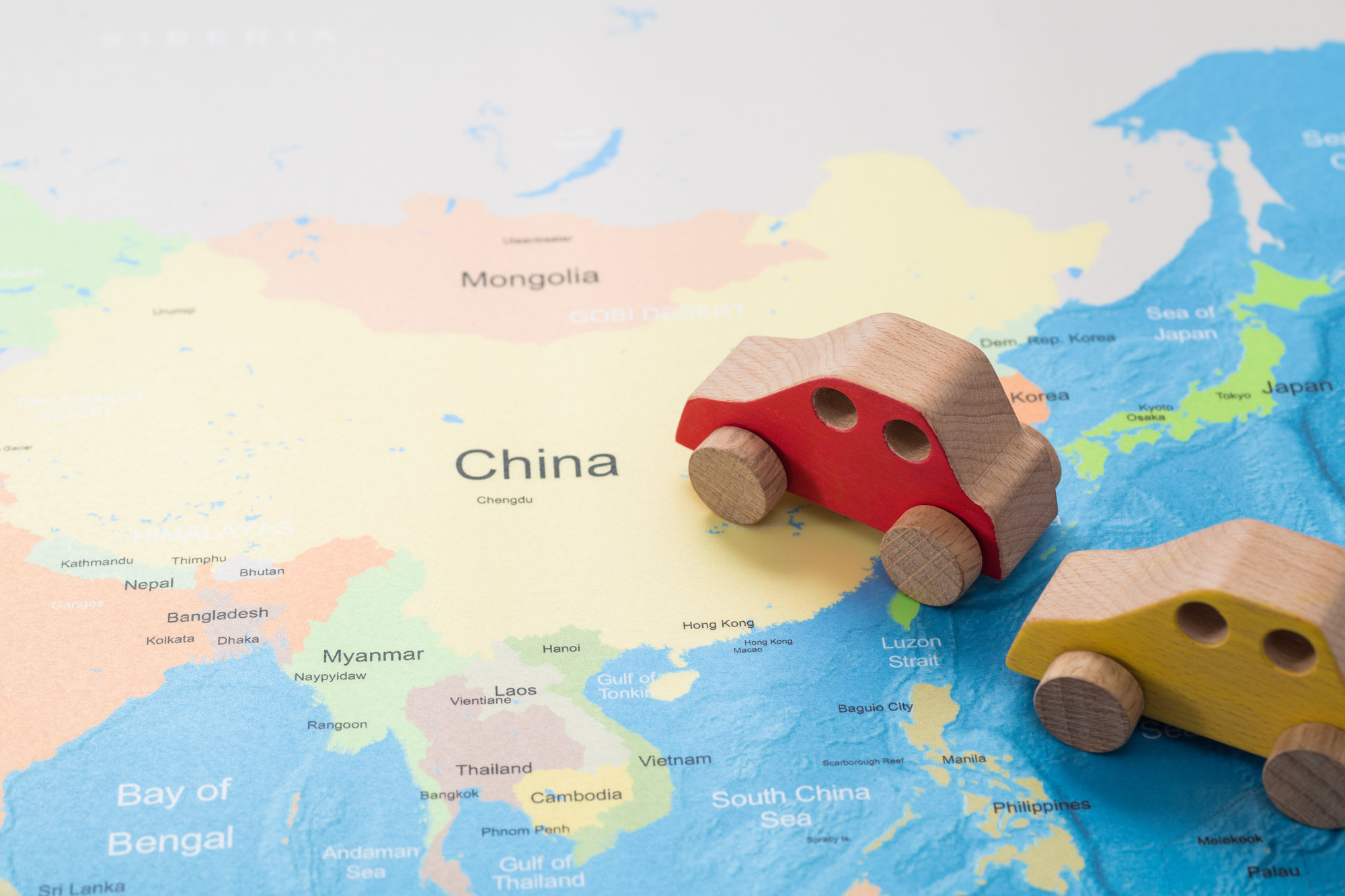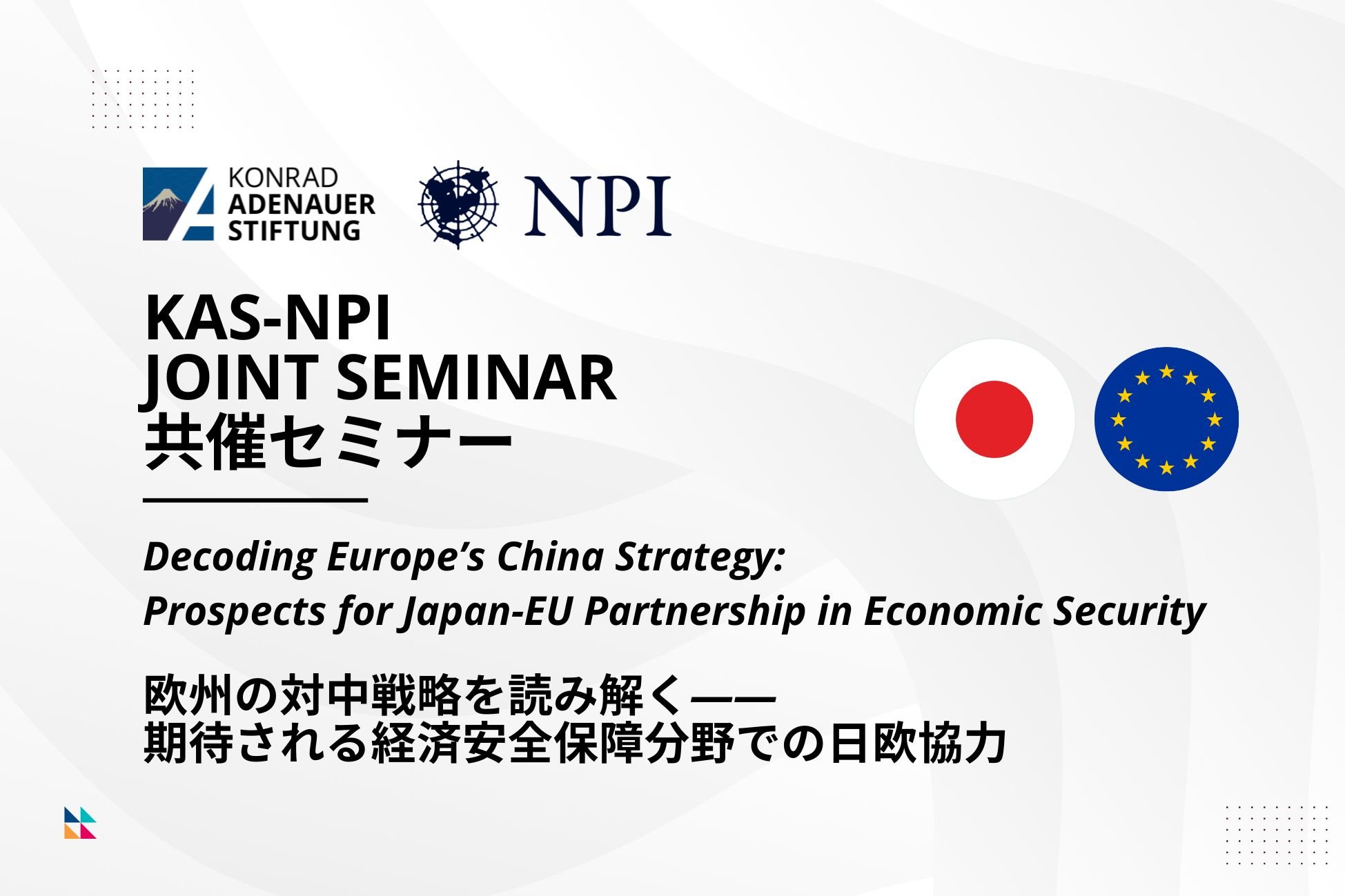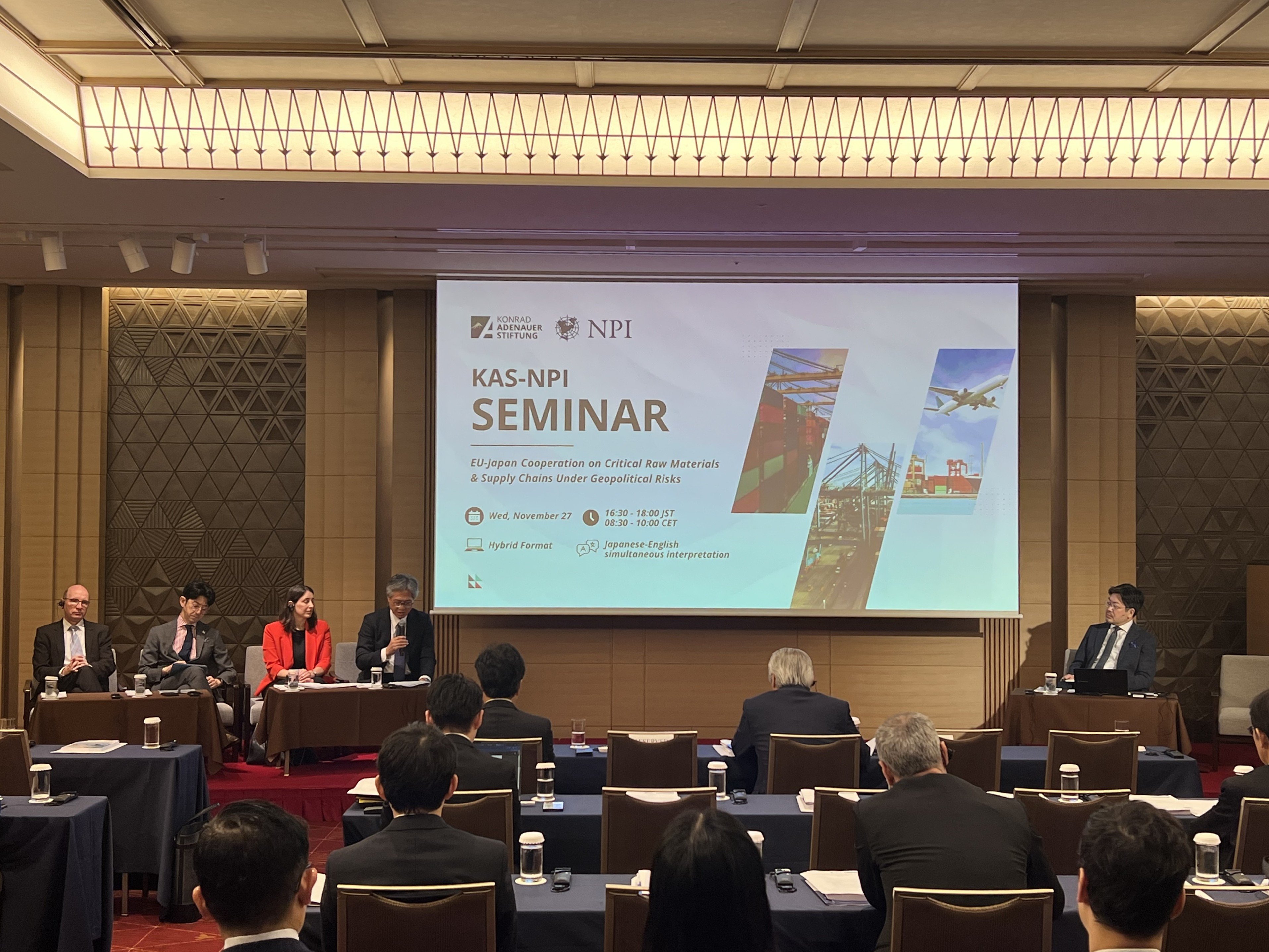2014/04/09
No. 196: Mie Oba, "Japan-ASEAN Relations in a Changing East Asian Regional Order"
[PDF version]
In December of last year, a special summit meeting was held in Tokyo to commemorate the 40th anniversary of Japan-ASEAN relations. Several statements were adopted at this meeting, including the "Vision Statement on ASEAN-Japan Friendship and Cooperation." This Vision Statement listed a number of areas in which Japan and ASEAN should pursue cooperation, and those under the heading "Partners for Peace and Stability" topped the list. Japan-ASEAN cooperation had previously been dominated by collaboration on economic and social concerns. The 1977 Fukuda doctrine stressed the importance of mutual trust and advocated a "heart-to-heart partnership." The Vision Statement, too, incorporates socioeconomic cooperation and mutual trust under the headings "Partners for Prosperity," "Partners for Quality of Life," and "Heart-to-Heart Partners," showing that these continue to be important topics in Japan-ASEAN cooperation. However, it should be noted that political and security cooperation between Japan and ASEAN was placed first, with particular emphasis given to its importance. This was also characteristic of the Bali Declaration adopted at the 2011 Japan-ASEAN summit meeting, so the Vision Statement reinforces this trend.
The greater weight of political and security cooperation within Japan-ASEAN cooperation indicates that Japan-ASEAN relations have taken on more strategic importance in the context of changes in the East Asian regional order in recent years. One of these changes has been the rise of China, and particularly the growing opacity and instability of intra-regional international relations due to the increasingly hard line that China has taken with its neighbors since the end of the 2000s. China has territorial disputes in the South China Sea with the Philippines, Vietnam and other ASEAN countries, and China's hardline stance has heightened tensions. Efforts to draft a "code of conduct" for the South China Sea began last September, but progress has been slow. Tensions over the Senkaku Islands as well as differing views of history have also cooled relations between Japan and China.
Furthermore, the political influence of the US, expected by some to serve as a check on China's rise, appears to be receding, at least for the short term. President Obama's absence from a number of APEC and ASEAN meetings in October 2013 due to political turmoil at home shook confidence in the "rebalance" policy put forth by his administration. This came at a time when misgivings were already being felt about waning US interest in East Asia due to the growing urgency of circumstances in Syria and elsewhere, particularly since the start of Obama's second term. It is clear that the resources and power that the US can feasibly allocate to ensuring stability in East Asia are limited.
Against this backdrop and in the context of mounting awareness that a raw "logic of power" is becoming a progressively decisive factor in the regional situation, political and security affairs will take center stage in future cooperation between Japan and ASEAN. One important area of cooperation that Japan and ASEAN should pursue is maritime security cooperation, including assistance to bolster the coastal security capabilities of ASEAN countries. Further cooperation is also needed to coordinate policing efforts to combat terrorism and trans-national crime. From a longer-term perspective, regional stability will also require cooperation to ensure the rule of law, good governance, democracy and human rights protection.
This direction has already been indicated in the Vision Statement. Nevertheless, it is extremely difficult to determine the degree to which Japan-ASEAN cooperation should be pursued in this regard, as China might well regard closer Japan-ASEAN cooperation as provocative. Consideration must also be given to the fact that ASEAN countries have established their respective distances from China and the US in a diversity of ways.
Mie Oba is a professor at Tokyo University of Science. She received M.A and PhD degree in International Relations from the University of Tokyo.
She is the specialist of the development of regionalism in Asia as well as theories of regional integration and regionalism.
She has a lot of articles including "The New Japan-ASEAN Partnership: Challenges in the Transformation of the Regional Context in East Asia" in Kojima, Takaaki and Takashi Shiraishi eds., Japan-ASEAN Relations, ISEAS, 2013.
The views expressed in this piece are the author's own and should not be attributed to The Association of Japanese Institutes of Strategic Studies.








